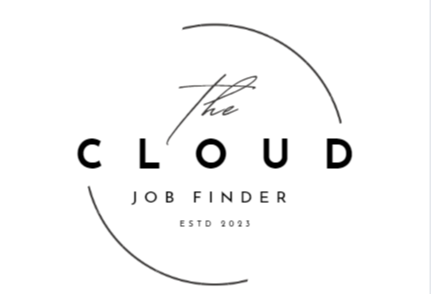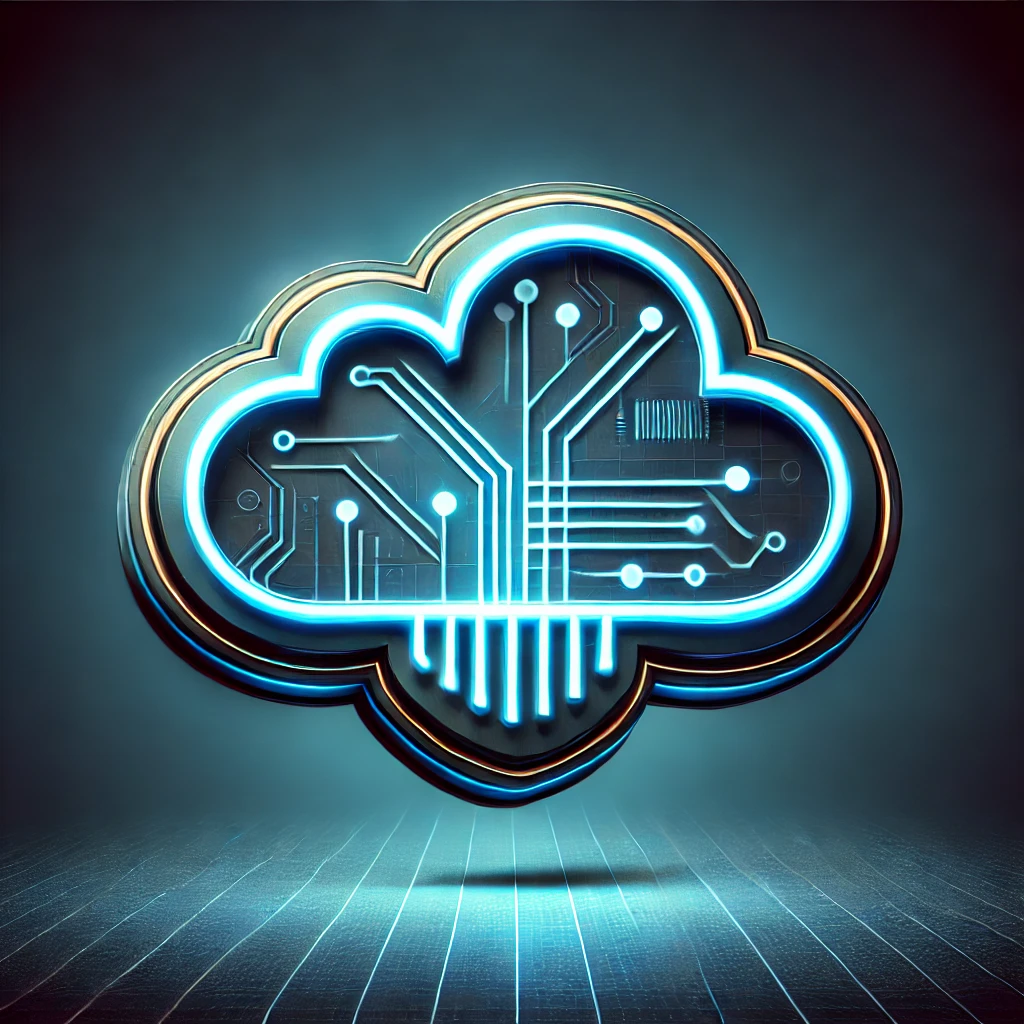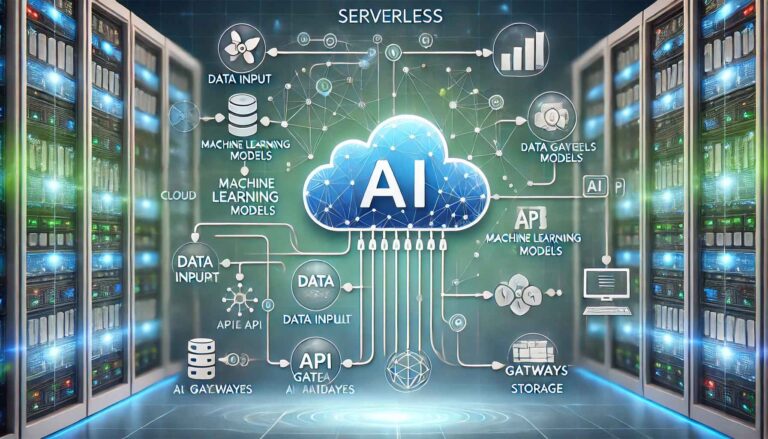SRE for AI Systems: Career Guide 2025
Key Facts
Introduction
When I started in cloud engineering, traditional infrastructure and networking dominated the industry. My focus was on ensuring uptime, scaling resources, and automating deployments. But over the years, I’ve watched AI disrupt everything—from traffic routing and security enforcement to predictive scaling and self-healing systems.
As an AWS Cloud Engineer with over four years of experience, I’ve seen firsthand how AI-driven Site Reliability Engineering (SRE) is reshaping cloud operations. Companies aren’t just looking for traditional SREs anymore. They need engineers who understand machine learning models, automated monitoring, and AI-driven optimization.
If you want to stay ahead in 2025, you need to master AI-enhanced SRE practices. This guide will break down the skills, salaries, certifications, and real-world applications you need to transition into an AI-driven SRE career.
What is SRE for AI Systems?
SRE for AI systems isn’t just about maintaining uptime—it’s about keeping AI models performant, scalable, and resilient. AI applications are different from traditional cloud workloads. Instead of just managing servers and containers, SREs now need to:
- Monitor model performance in production (latency, drift, degradation).
- Automate CI/CD pipelines for AI models (continuous retraining and redeployment).
- Detect anomalies in AI inference traffic (malicious inputs, hallucinations).
- Optimize GPU and TPU usage for efficient training and inference.
This shift means network engineers, DevOps professionals, and cloud engineers need to evolve. SREs who specialize in AI systems will be among the most in-demand cloud professionals in the coming years.
Salary Overview
The demand for AI-focused SREs is pushing salaries higher than traditional SRE roles.
SRE for AI Systems Salary (2025 Estimates)
| Experience Level | Average Salary (USD per Year) |
|---|---|
| Entry-Level (0-2 years) | $100,000 – $130,000 |
| Mid-Level (3-5 years) | $130,000 – $170,000 |
| Senior-Level (6+ years) | $170,000 – $240,000+ |
I’ve seen firsthand how SREs who understand AI pipelines, monitoring, and automation can negotiate higher salaries than those focused solely on infrastructure.
Essential Skills for SREs in AI Systems
When I first started working with AI-powered cloud workloads, I had to shift my mindset from traditional monitoring and automation to AI-specific reliability engineering. Here are the key skills you’ll need:
| Skill | Why It’s Critical |
|---|---|
| AI/ML Fundamentals | Understand AI model performance, training, and drift. |
| Observability & AI Model Monitoring | Use Prometheus, Datadog, Grafana, Vertex AI Model Monitoring to track AI pipelines. |
| CI/CD for AI | Automate model deployment & retraining with GitHub Actions, Terraform, AWS SageMaker Pipelines. |
| Infrastructure as Code (IaC) | Deploy scalable AI workloads using Terraform, AWS CloudFormation, or Pulumi. |
| AI Security & Compliance | Prevent adversarial attacks, enforce AI governance, and secure AI inference endpoints. |
| Cloud AI Services | Master AWS SageMaker, Google Vertex AI, and Azure AI Services. |
AI doesn’t replace SRE skills—it enhances them. You need to layer AI-specific optimizations on top of traditional cloud operations and automation.
Certifications That Matter
Certifications can set you apart in AI-driven SRE roles. These are some of the most relevant certs in 2025:
| Certification | Focus Area |
|---|---|
| AWS Certified DevOps Engineer – Professional | AI-driven CI/CD & cloud automation |
| Google Professional Cloud Network Engineer | AI-powered networking & observability |
| Microsoft Certified: Azure DevOps Engineer Expert | AI-integrated DevOps & automation |
| Certified Kubernetes Administrator (CKA) | AI model deployment with Kubernetes |
| AWS Certified Machine Learning – Specialty | AI workload management & MLOps |
I started with AWS DevOps Engineer – Professional before diving into AWS Machine Learning Specialty, and that opened doors to AI-driven SRE projects.
Real-World Applications of AI in SRE
AI isn’t just a buzzword in SRE—it’s solving real cloud reliability challenges. Here’s how companies are already using AI to enhance site reliability:
1. AI-Driven Incident Detection
Traditional SRE: Set up alerts based on predefined thresholds.
AI SRE: AI dynamically detects anomalies in network traffic, system logs, and model performance before incidents occur.
Example: AWS DevOps Guru and Google Cloud Operations Suite use machine learning to predict system failures before they impact users.
2. Automated AI Model Scaling
Traditional SRE: Manually scale compute resources based on CPU/memory.
AI SRE: AI dynamically adjusts GPU/TPU workloads based on inference demand and training complexity.
Example: Vertex AI Prediction automatically scales ML models based on traffic patterns, reducing latency and cost.
3. AI-Optimized Log Analysis
Traditional SRE: Manually scan logs to identify root causes.
AI SRE: AI-powered log analysis tools identify failure patterns and suggest fixes automatically.
Example: Amazon DevOps Guru for RDS uses AI to pinpoint slow database queries before they cause outages.
4. Preventing AI Model Drift in Production
Traditional SRE: Focuses only on server uptime.
AI SRE: Continuously monitors AI models for degradation and triggers retraining workflows when accuracy drops.
Example: SageMaker Model Monitor automatically tracks AI performance and alerts engineers when drift occurs.
How to Get Started in AI SRE
If I were starting today, here’s exactly what I’d do:
1. Get Hands-On with AI Monitoring & Automation
- Use AWS CloudWatch AI Insights to analyze application logs and metrics.
- Deploy an AI-powered CI/CD pipeline with SageMaker Pipelines or Kubeflow.
- Set up AI-driven incident response with AWS Lambda and Datadog.
2. Build AI-Focused SRE Projects
To stand out, you need a portfolio of AI-enhanced SRE projects. Try:
- Building an AI-powered anomaly detection system for cloud infrastructure.
- Automating model retraining with GitHub Actions & AWS Lambda.
- Implementing self-healing cloud networks using AI-powered traffic routing.
3. Earn an AI+Cloud Certification
Start with:
- AWS DevOps Engineer – Professional for cloud automation.
- AWS Certified Machine Learning – Specialty for AI workload management.
- Google Professional Machine Learning Engineer for AI production best practices.
4. Network with AI & SRE Professionals
- Join AI SRE communities on LinkedIn, Slack, and GitHub.
- Contribute to open-source AI monitoring projects.
- Follow AI reliability trends by attending Google Cloud Next and AWS re:Invent.
Final Thoughts: Why AI SRE is the Future
I’ve seen the shift firsthand—companies want AI-driven reliability, not just infrastructure uptime. If you’re an SRE, cloud engineer, or DevOps pro, learning AI-enhanced cloud operations will put you ahead of the curve.
To future-proof your career in 2025:
- Master AI-powered monitoring & automation.
- Get hands-on with AI-driven incident response & scaling.
- Earn cloud & AI certifications to validate your expertise.
AI isn’t replacing SREs—it’s making highly skilled engineers more valuable. Those who embrace AI will lead the next wave of cloud reliability engineering.


